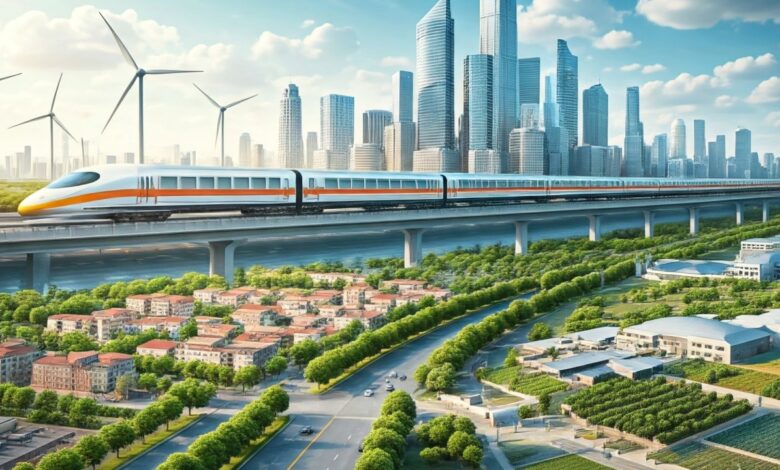Real-World Assets: A Lifeline for Africa’s Bankless Poor

Across Africa, millions wake up each day with energy, ideas, and responsibilities — but without access to formal financial systems. For these individuals, especially the poor living in rural or underserved communities, banks might as well not exist. Not because they choose to avoid them, but because the system has never been designed to serve them.
This is where Real-World Assets (RWAs) offer new hope. And platforms like Pesabase are proving that financial innovation can — and should — prioritize the people most in need.
The Financially Invisible Majority
It’s estimated that more than half of Africa’s adult population is unbanked. That means no access to credit cards, savings accounts, or small business loans. The reason? Traditional finance systems require paperwork, credit history, and stable income — things the average informal worker or rural farmer simply doesn’t have.
But that doesn’t mean they have no value. A mother selling vegetables in a local market has daily income. A young man receiving regular remittances from his brother in Europe can be financially stable. A farmer with mobile money history is creditworthy. The problem isn’t the lack of value — it’s the lack of recognition.
That’s where RWAs come in.
What Are RWAs, and Why Do They Matter?
Real-World Assets (RWA) in Africa (and anywhere) are a way to take real, offline value — like land, remittances, savings, or mobile data — and turn it into usable digital assets. This allows people to access services like loans, payments, and insurance, even if they’re outside the traditional banking system.
For Africa’s poor, RWAs could be the key to unlocking financial dignity.
But only if the technology is built with their reality in mind — and that’s exactly what Pesabase is doing.
Pesabase: Building Tools for the Underserved
Pesabase started as a remittance platform, helping Africans send and receive money affordably across borders. But today, it’s evolving into something much bigger: a real-world asset-powered financial ecosystem that includes the people most often left behind.
For example:
- Remittance-backed Credit: Many Africans receive regular remittances from family abroad. Pesabase can tokenize these incoming funds, allowing users to borrow small amounts before the money even arrives.
- Mobile Data as Credit History: Instead of formal bank statements, Pesabase uses mobile money transactions and airtime top-ups as indicators of financial behavior — turning invisible habits into creditworthiness.
- Community-Driven Trust Models: In areas where formal ID systems are weak, Pesabase is exploring the use of reputation-based lending, where small community guarantees can unlock access to funds.
These tools aren’t built for crypto investors — they’re built for market vendors, boda-boda riders, teachers, and parents trying to pay school fees. That’s what makes the RWA model in Africa so different from its Western counterpart: here, it’s about survival and stability, not speculation.
From Exclusion to Empowerment
While global conversations around RWAs often focus on things like real estate tokenization or high-yield instruments, Africa’s needs are more basic — and more urgent.
The average person doesn’t need portfolio diversification. They need:
- A way to pay hospital bills today
- Money to restock their shop
- A safe place to save for school fees
Pesabase’s RWA framework directly tackles these problems by digitizing informal value and connecting people to essential financial services through simple mobile tools.
Why This Matters Now
Africa is at a crossroads. Mobile phone usage is booming. Young people are demanding better access to opportunity. And decentralized technologies are becoming more accessible. This is the perfect moment to build financial infrastructure that finally includes everyone.
But inclusion can’t just be a buzzword. It needs action — and platforms like Pesabase are already showing what’s possible when innovation meets empathy.
Conclusion: RWA as a Tool for Real Impact
In Africa, the true potential of real-world assets isn’t in boosting investor returns — it’s in transforming lives.
By unlocking the hidden value held by millions of poor, bankless individuals, and giving them the tools to participate in the digital economy, platforms like Pesabase are turning financial exclusion into empowerment, helping P2P money sending in South Sudan for example. And that’s a future worth building.



